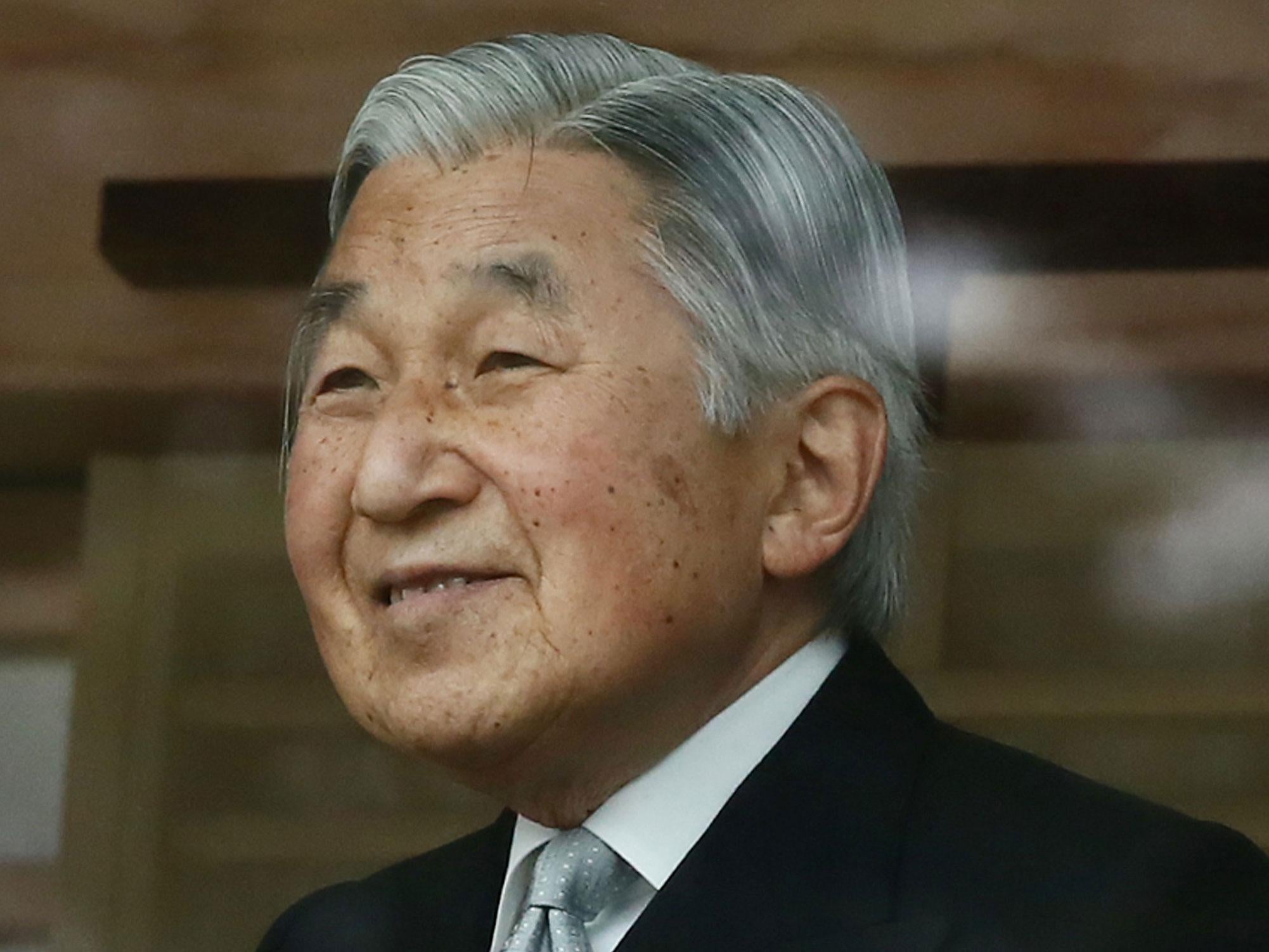Japan passes historic bill to allow elderly Emperor to abdicate
'A stable succession of the Imperial throne is a momentous issue', says the Japanese Prime Minister

Your support helps us to tell the story
From reproductive rights to climate change to Big Tech, The Independent is on the ground when the story is developing. Whether it's investigating the financials of Elon Musk's pro-Trump PAC or producing our latest documentary, 'The A Word', which shines a light on the American women fighting for reproductive rights, we know how important it is to parse out the facts from the messaging.
At such a critical moment in US history, we need reporters on the ground. Your donation allows us to keep sending journalists to speak to both sides of the story.
The Independent is trusted by Americans across the entire political spectrum. And unlike many other quality news outlets, we choose not to lock Americans out of our reporting and analysis with paywalls. We believe quality journalism should be available to everyone, paid for by those who can afford it.
Your support makes all the difference.Japan’s parliament has passed a law allowing Emperor Akihito to abdicate, meaning he will be the first monarch to do so in 200 years.
The special, single-use act will allow 83-year-old to renounce his thrown and let his oldest son Crown Prince Naruhito, 57, to take the reins.
He will have three years to do so, but will likely step down at the end of 2018.
During a rare televised video message which aired last August, the Emperor implied he wanted to step aside because of health concerns which he felt were interfering with his duties.
The new act will alter Japan’s “era” name. The country currently uses both Western and traditional calendars, the latter of which refers to the current nengo (year) as Heisei 29 – the 29th year of the era of Emperor Akihito.
It is highly unusual for a succession to occur in this way.
Prime Minister Shinzo Abe told reporters: “A stable succession of the imperial throne is a momentous issue. The government will advance debate with respect for the resolution.”
The topic has garnered some criticism and many are questioning whether Mr Abe will reform the Imperial succession system to allow female members of the royal family to ascend to the throne.
Currently, the Imperial family has one young male air, Prince Hisahito, and seven unmarried female children.
There are concerns the imperial family members are decreasing in numbers because “of the marriage of female members”.
If they marry a “commoner”, they are forced to give up their royal status. This isn’t the case for male heirs.
However, Mr Abe is unlikely to change the system for fear of offending conservative politicians, who prefer the traditional, male-only, paternal-line system.
Join our commenting forum
Join thought-provoking conversations, follow other Independent readers and see their replies
Comments